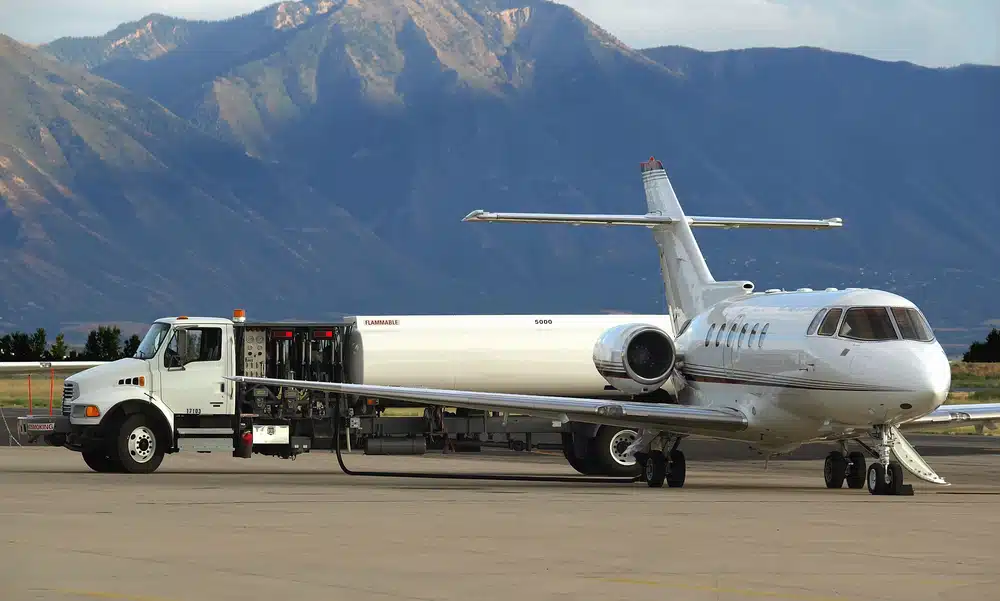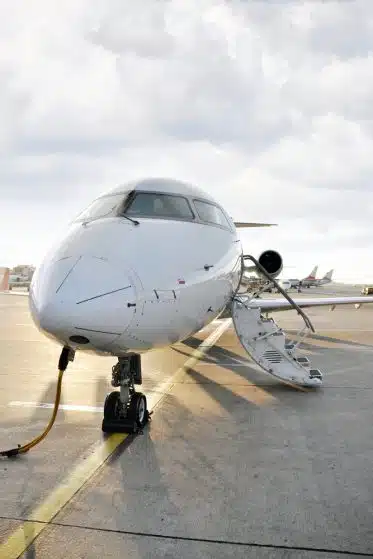
Flying on a private jet has long been synonymous with luxury, exclusivity, and convenience. Jet-setting individuals, prominent business executives, and celebrities alike often turn to private aviation for its unparalleled comfort and time-saving benefits. However, behind the opulence and prestige lies a crucial factor that significantly affects the economics of private jet travel: the cost of jet fuel. In this article, we delve into the intricacies of jet fuel costs for private jets, shedding light on the factors that influence prices and the implications for those who indulge in this high-flying lifestyle.

Understanding Jet Fuel Costs
Jet fuel, commonly known as aviation turbine fuel (ATF), is a highly specialized type of fuel used by aircraft engines. It is derived from crude oil and undergoes a refining process to meet the rigorous specifications and standards set by the aviation industry. The price of jet fuel is influenced by several factors, including the global oil market, refining costs, taxes, transportation expenses, and supply and demand dynamics.
Global Oil Market
The cost of jet fuel is closely tied to the fluctuations in the global oil market. As the price of crude oil rises or falls, so does the price of jet fuel. Factors such as geopolitical tensions, production quotas, and natural disasters can disrupt oil supplies and lead to price volatility. Additionally, global economic conditions and the demand for air travel play a significant role in shaping the oil market and, consequently, the price of jet fuel.
Refining Costs
After crude oil is extracted, it undergoes a refining process to produce various petroleum products, including jet fuel. Refining costs, which involve refining crude oil into ATF, contribute to the overall price of jet fuel. The complexity of the refining process, the capacity of refineries, and the availability of refining infrastructure impact the costs associated with turning crude oil into usable jet fuel.

Taxes and Regulations
Jet fuel is subject to various taxes and regulations imposed by governments worldwide. These can include excise taxes, value-added taxes (VAT), and environmental levies. The specific tax structure and regulatory framework differ from country to country, resulting in variations in jet fuel prices across different regions. Additionally, environmental initiatives aimed at reducing carbon emissions may introduce carbon pricing mechanisms, further influencing the cost of jet fuel.
Transportation Expenses
Jet fuel must be transported from refineries to airports, which incurs additional costs. The expenses associated with storage, pipelines, and transportation infrastructure contribute to the overall price of jet fuel. Factors such as distance, accessibility, and logistical challenges influence these expenses, impacting the final cost borne by private jet operators and, ultimately, passengers.
Supply and Demand Dynamics
The supply and demand dynamics of jet fuel can significantly impact its price. When demand for air travel is high, and the supply of jet fuel cannot keep pace, prices tend to rise. Conversely, during periods of reduced demand or ample supply, jet fuel costs may decrease. The competitive nature of the aviation industry and the balance between supply and demand determine the market prices of jet fuel.

Implications for Private Jet Travelers
Private jet travelers enjoy an elevated level of comfort and flexibility compared to commercial airline passengers. However, the luxury and convenience come at a higher price, partially due to the costs associated with jet fuel. The expenses incurred by private jet operators for fuel, taxes, and transportation are ultimately passed on to the clients in the form of higher charter fees, fuel surcharges, or membership costs for jet card programs.
It’s important to note that private jet operators employ various pricing models, which can affect how fuel costs are incorporated into the overall pricing structure. Some operators may include fuel costs as part of the hourly rate, while others may apply additional fuel surcharges based on market conditions at the time of travel.
Conclusion
Jet fuel costs play a significant role in the economics of private jet travel. The price of jet fuel is influenced by various factors such as the global oil market, refining costs, taxes, transportation expenses, and supply and demand dynamics. These factors contribute to the higher costs associated with private jet travel compared to commercial airlines. However, for those who can afford the luxury and convenience of private jet travel, the costs of jet fuel are outweighed by the unparalleled comfort, flexibility, and time-saving benefits that come with flying in style.


























































